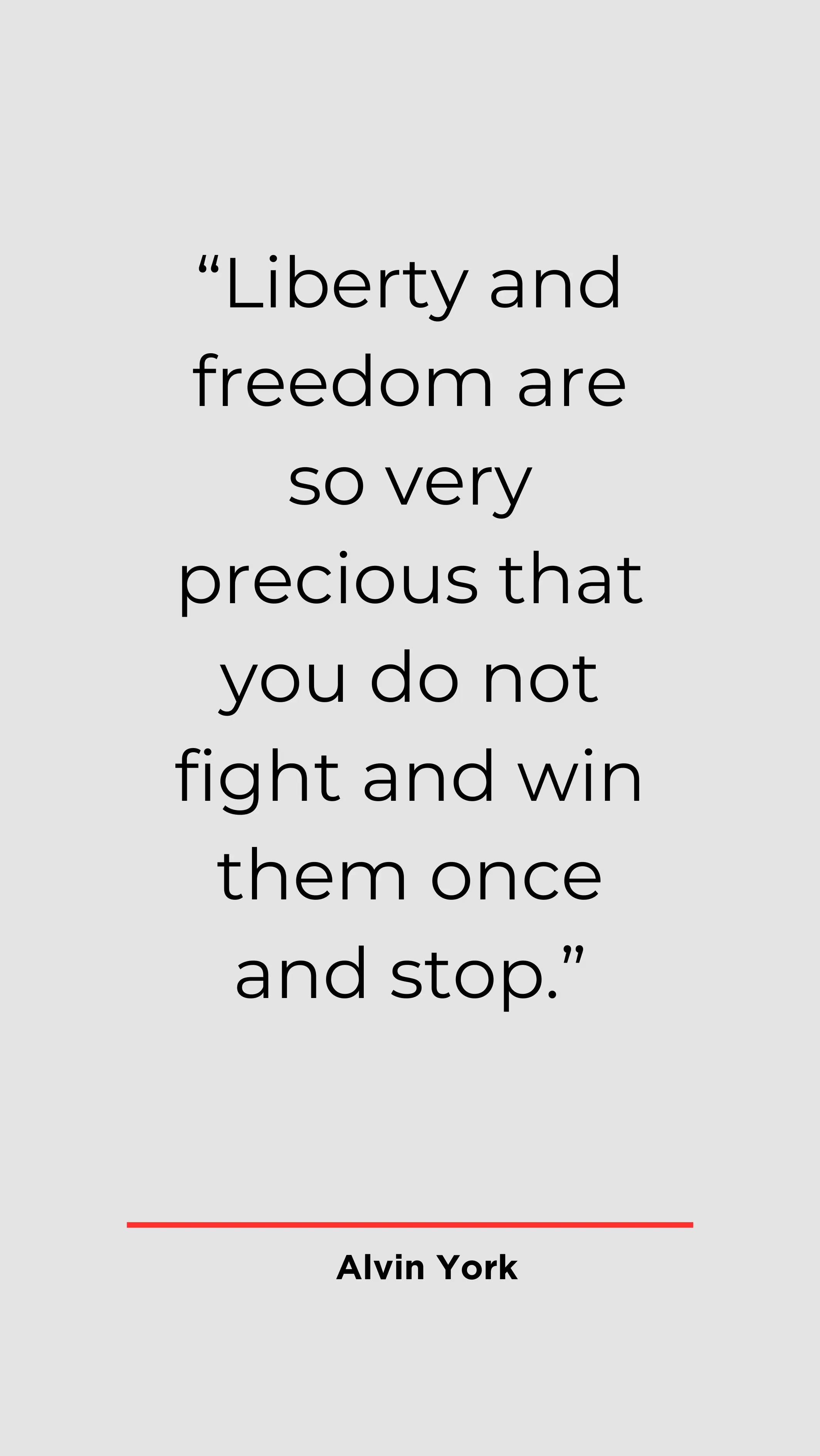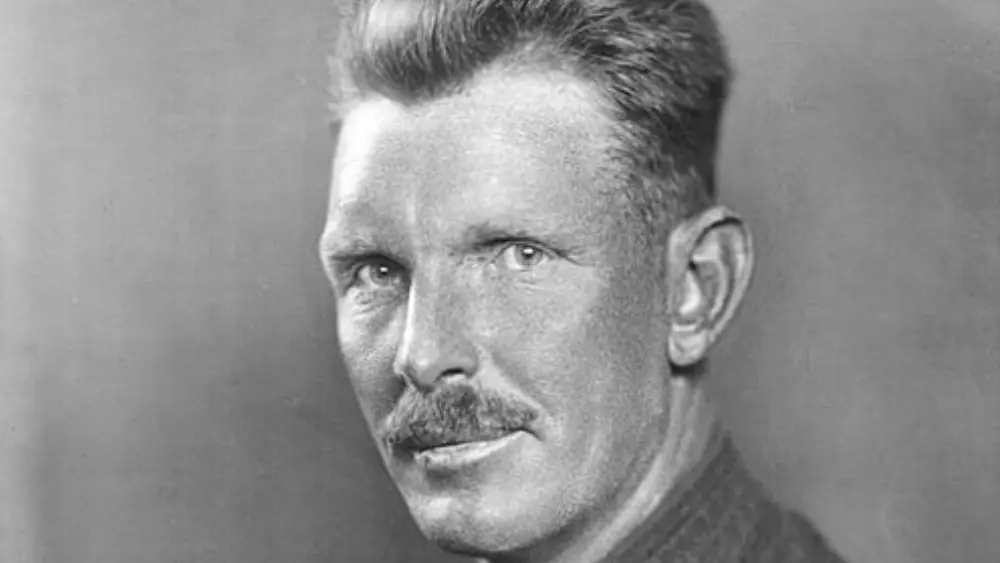Alvin Cullum York, born on December 13, 1887, in Pall Mall, Tennessee, is celebrated as one of the most heroic and skilled marksmen in American history. His remarkable actions during World War I earned him the Medal of Honor and transformed him into a symbol of American courage and valor. From his humble beginnings in the Appalachian hills to his celebrated role on the battlefield, York’s story is a profound testament to how ordinary individuals can rise to extraordinary challenges.
Early Life and Background
Alvin York, known for bravery, emerged from humble beginnings in rural Tennessee’s rugged terrain, gaining heroic status despite his limited resources and education. Born into an impoverished and isolated community, York’s early life was shaped by the unforgiving realities of Appalachian life. One of eleven children, York worked hard alongside his family to survive, cultivating a resilience that would later define him.
In his youth, York was often required to hunt to help feed his family. This necessity gradually sharpened his sharpshooting abilities. These skills weren’t learned in military academies or formal settings. Instead, he developed them through real-life experience in the backwoods. Unaware of what lay ahead, young Alvin was unknowingly preparing for a future that would test these very abilities under unimaginable circumstances.
York’s early adulthood was marked by a reputation for rowdiness and drinking. However, a profound spiritual awakening in 1915 transformed his worldview. After a religious conversion at a revival meeting, he became a devout Christian and joined the Church of Christ in Christian Union. This newfound faith would soon come into sharp conflict with the demands of war, setting the stage for a powerful internal struggle.
Alvin York: World War I Service
As World War I escalated and the United States entered the conflict in 1917, York found himself in a profound moral and ethical dilemma. His deep religious convictions led him to initially seek conscientious objector status. He believed that killing was against the teachings of the Bible and struggled with the idea of serving in a war that demanded he take lives.
Despite his sincere objections, the U.S. military denied York’s request for exemption. York was drafted into the Army and assigned to Company G, 328th Infantry Regiment, 82nd Infantry Division. Though heartbroken and conflicted, he obeyed the call of duty, trusting that God would guide him through the journey.
During training, York’s exceptional shooting skills quickly drew the attention of his superiors. Still, his internal struggle continued. He frequently engaged in long discussions with his commanding officers about the morality of killing. Eventually, after much prayer and introspection, York reconciled his faith with his sense of duty. He came to believe that he could serve as a soldier without betraying his religious beliefs if his actions were in the service of a just cause and the greater good.
The Meuse-Argonne Offensive
In October 1918, the Meuse-Argonne Offensive in France became a defining moment of World War I. This major campaign was launched to break through German lines and end the war. It involved over a million American soldiers, making it one of the largest offensives in U.S. military history.
Amidst the fog and thunder of war, Alvin York’s regiment was tasked with advancing through the dense Argonne Forest—an area heavily fortified by German machine-gun nests. The terrain was treacherous, and casualties mounted quickly. During one critical engagement, enemy forces unleashed withering fire on York’s unit, killing or incapacitating many officers.
Amid this chaos, York—now a corporal—assumed command of a small group of men. Despite overwhelming odds and hostile terrain, he led them on a flanking maneuver to neutralize the German position. What happened next would etch York’s name permanently into the annals of military history.
Alvin York: Heroic Actions
York and his men managed to get behind enemy lines and surprise a group of German soldiers. When the enemy opened fire, York sprang into action. Drawing on his hunting experience, he calmly picked off enemy gunners with deadly precision, all while under intense pressure. With his rifle and pistol, he systematically targeted enemy machine gunners, demonstrating unmatched bravery and skill.
As German soldiers charged him with bayonets, York remained composed. Later recounting the battle, he described how he shot each attacker from the back of the line forward. This tactic ensured the front men would not see their comrades fall and scatter. His strategy, cool-headedness, and aim turned the tide of the skirmish.
In the end, York and his small squad captured 132 German soldiers, killed at least 25 enemy fighters, and eliminated over 30 machine guns. These astounding feats not only saved countless American lives but also contributed significantly to the success of the Meuse-Argonne Offensive.
Medal of Honor
The United States military awards the Medal of Honor as its highest and most prestigious decoration. It grants this honor only to individuals who demonstrate conspicuous gallantry and intrepidity at the risk of life above and beyond the call of duty. Alvin York’s actions on October 8, 1918, earned him this esteemed recognition.
Upon returning home, York was greeted as a national hero. General John J. Pershing, commander of the American Expeditionary Forces, described York’s feat as “the greatest thing accomplished by any private soldier of all the armies of Europe.” The U.S. Army formally presented York with the Medal of Honor, and several nations, including France, honored him with prestigious awards such as the Croix de Guerre.
Yet, York remained humble. He consistently downplayed his accomplishments, attributing his success to divine guidance. “A higher power than man guided and watched over me,” he said. This humility only further endeared him to the American public and solidified his reputation as a true hero.

Alvin York: Post-War Life and Legacy
Alvin York returned to his hometown of Pall Mall as a celebrated national icon. Offers for endorsements, films, and book deals flooded in, but York declined most of them. He believed in a simple life, rooted in faith, family, and service. Still, he accepted a farm purchased for him by a grateful public and used his fame to promote causes he believed in.
Understanding the value of education, York established the Alvin C. York Institute in 1926—a school dedicated to providing quality education to rural Tennessee youth. Despite financial struggles and opposition, he tirelessly fundraised and advocated for the school’s success. Today, the York Institute still operates and stands as a testament to his enduring commitment to community development.
He also continued to champion veterans’ rights and helped raise awareness for the needs of those returning from war. During World War II, though too old to fight, he supported the war effort by participating in bond drives and encouraging enlistment.
York’s life story inspired the 1941 film Sergeant York, starring Gary Cooper. The movie was a critical and commercial success, winning two Academy Awards and further cementing York’s legacy in popular culture. Though reluctant at first, York eventually approved the film because he felt it would promote patriotism and serve as a positive influence.
Final Years and Death
In his later years, York struggled with health issues, including strokes and a declining vision, which eventually left him nearly blind. Despite these challenges, he remained active in charitable causes and continued to speak publicly about faith, service, and patriotism.
Alvin York passed away on September 2, 1964, at the age of 76. They laid him to rest in Wolf River Cemetery near his beloved hometown. His tombstone bears the simple inscription: “Sergeant Alvin C. York—Medal of Honor.”
Lasting Impact and Reflection
Alvin York’s legacy is not just one of battlefield heroism, but also of steadfast moral conviction and lifelong service. His story resonates as he confronts the extraordinary challenges of war with honor and resolve, despite his deep commitment to faith.
His life shows us that heroism goes beyond acts of violence or bravery during war. It also lives in the decisions made after the battle—through humility, compassion, and a commitment to bettering the lives of others. York’s transformation from a reluctant soldier to an American icon speaks volumes. His story reflects the power of personal growth, integrity, and lasting impact.
To this day, schools, roads, and memorials bear Alvin York’s name. History classes teach his story as a quintessential example of American valor and virtue. In a world where true heroism is often hard to define, Alvin York stands as a timeless reminder of what it means to serve with courage and live with purpose.




